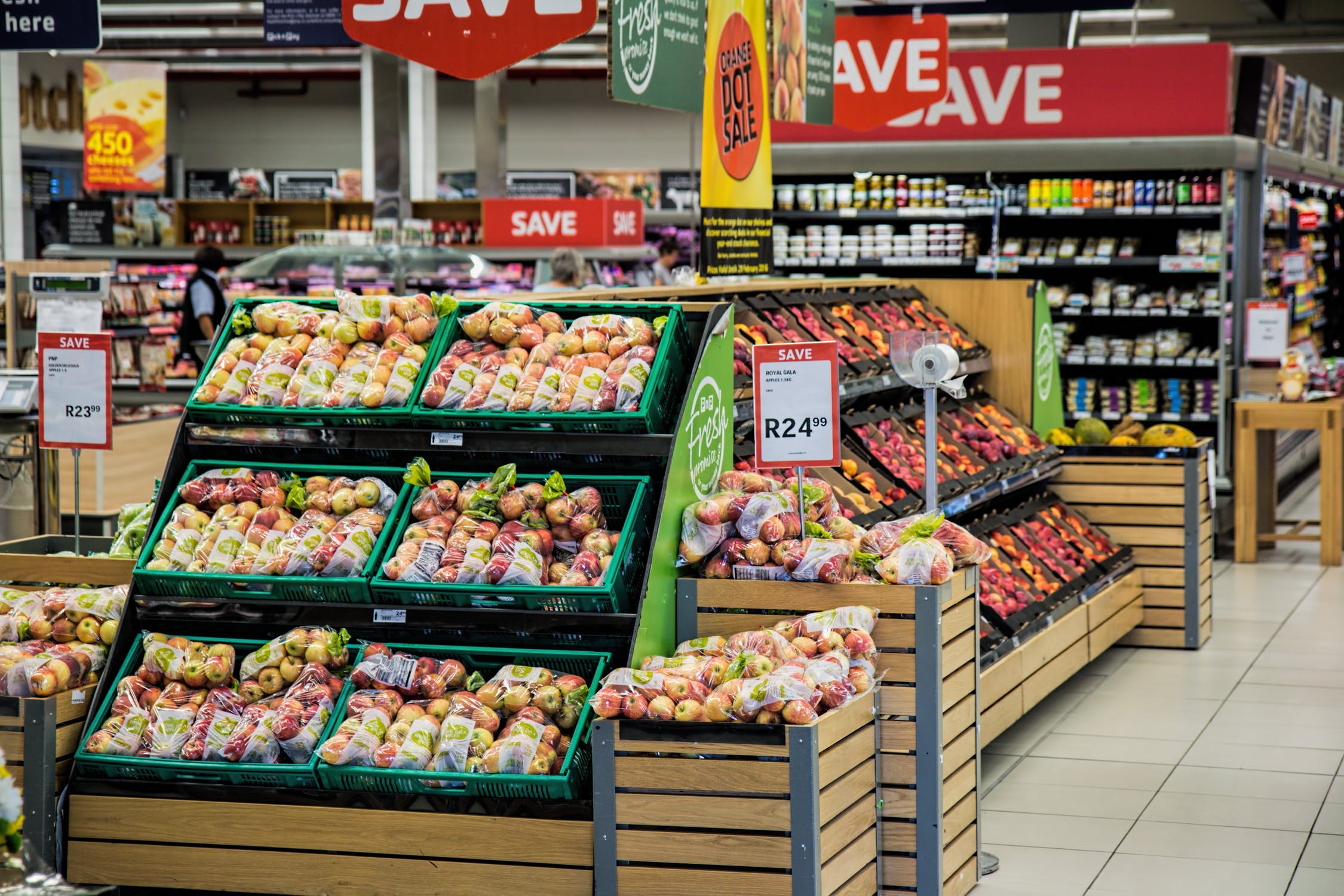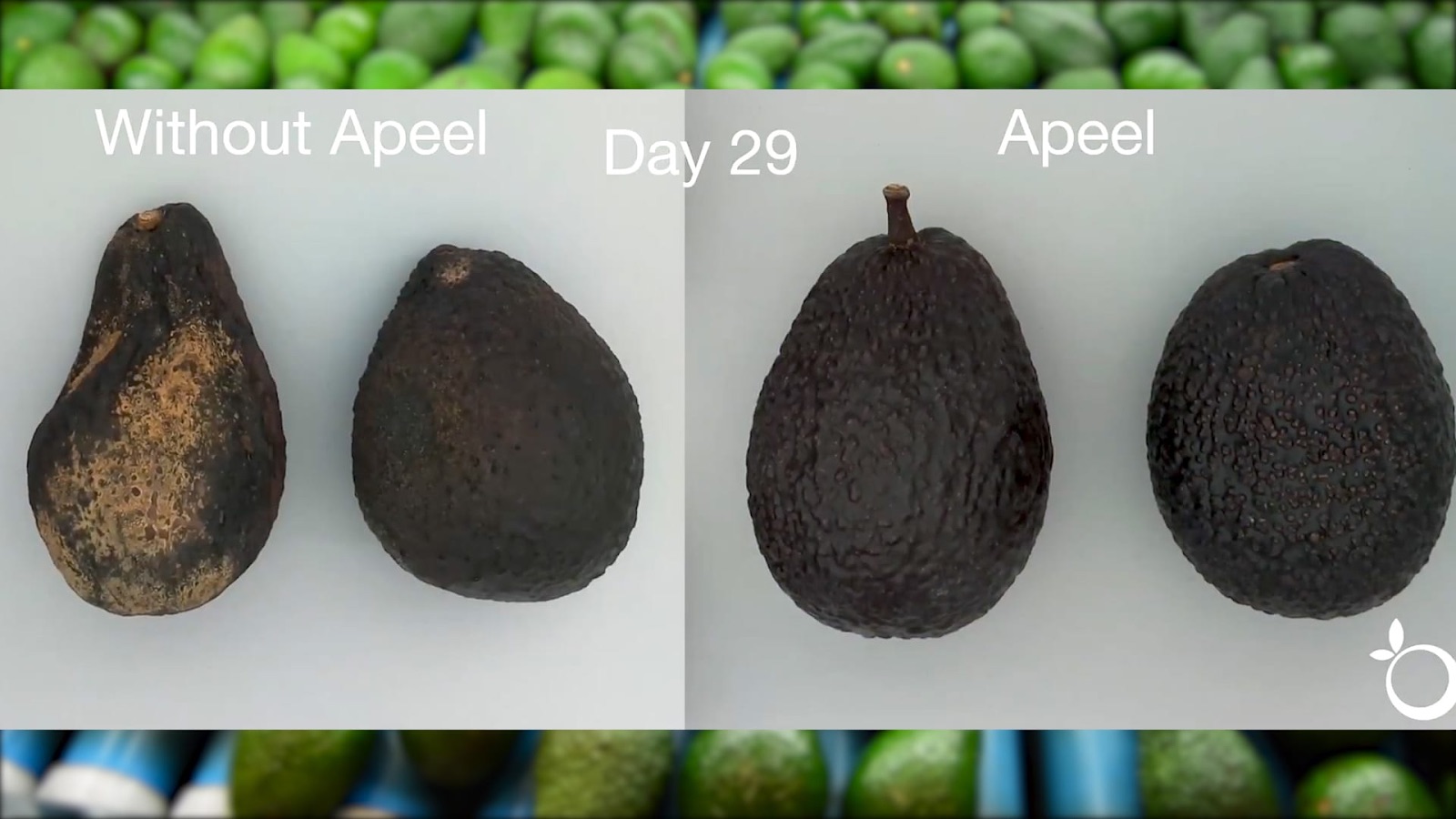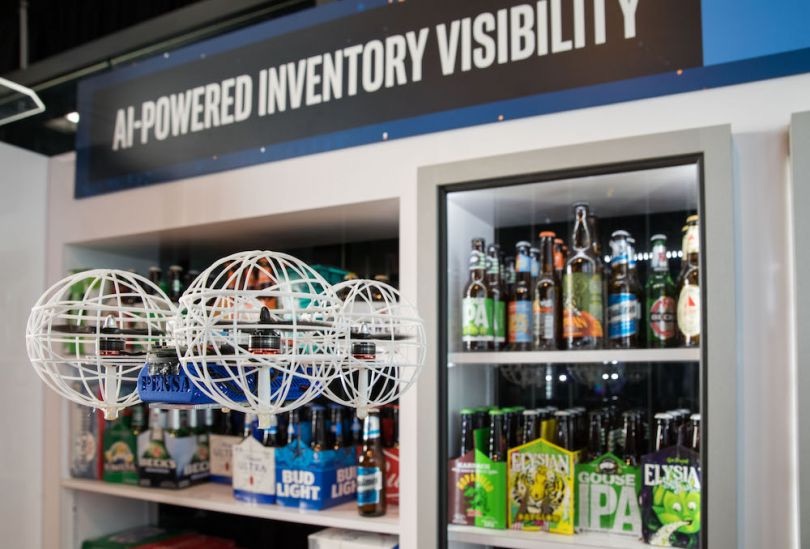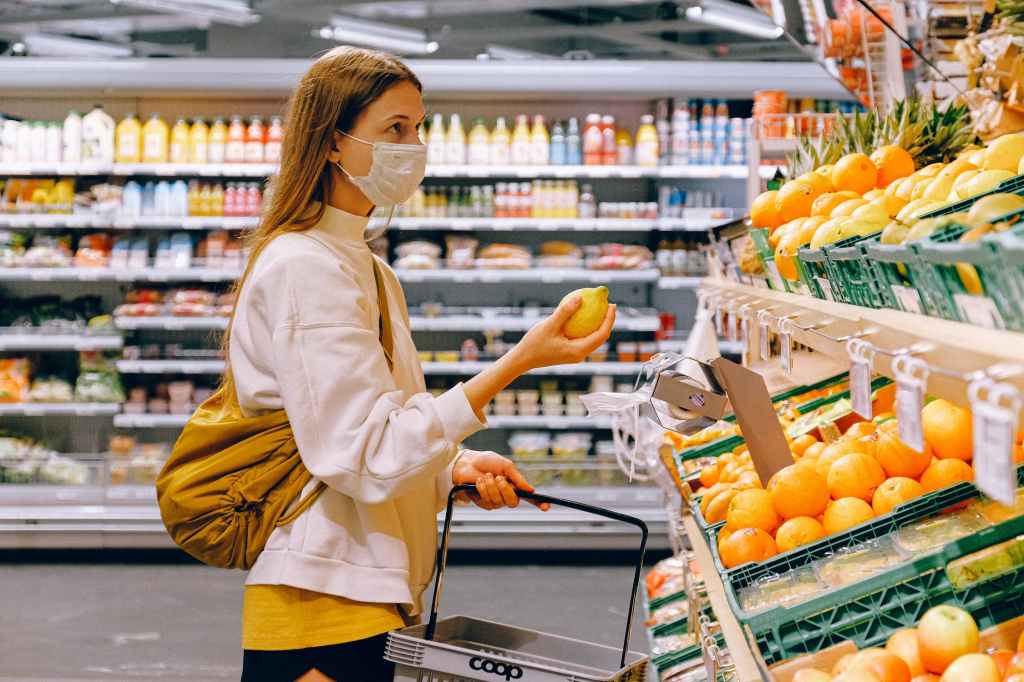Sunny Dhillon
More posts from Sunny Dhillon
Even as e-grocery usage has skyrocketed in our coronavirus-catalyzed world, brick-and-mortar grocery stores have soldiered on. While strict in-store safety guidelines may gradually ease up, the shopping experience will still be low-touch and socially distanced for the foreseeable future.
This begs the question: With even greater challenges than pre-pandemic, how can grocers ensure their stores continue to operate profitably?
Just as micro-fulfillment centers (MFCs), dark stores and other fulfillment solutions have been helping e-grocers optimize profitability, a variety of old and new technologies can help brick-and-mortar stores remain relevant and continue churning out cash.
Today, we present three “must-dos” for post-pandemic retail grocers: rely on the data, rely on the biology and rely on the hardware.
Rely on the data

The hallmark of shopping in a store is the consistent availability and wide selection of fresh items — often more so than online. But as the number of in-store customers continues to fluctuate, planning inventory and minimizing waste has become ever more so a challenge for grocery store managers. Grocers on average throw out more than 12% of their on-shelf produce, which eats into already razor-thin margins.
While e-grocers are automating and optimizing their fulfillment operations, brick-and-mortar grocers can automate and optimize their inventory planning mechanisms. To do this, they must leverage their existing troves of customer, business and external data to glean valuable insights for store managers.
Eden Technologies of Walmart is a pioneering example. Spun out of a company hackathon project, the internal tool has been deployed at over 43 distribution centers nationwide and promises to save Walmart over $2 billion in the coming years. For instance, if a batch of produce intended for a store hundreds of miles away is deemed soon-to-ripen, the tool can help divert it to the nearest store instead, using FDA standards and over 1 million images to drive its analysis.
Similarly, ventures such as Afresh Technologies and Shelf Engine have built platforms to leverage years of historical customer and sales data, as well as seasonality and other external factors, to help store managers determine how much to order and when. The results have been nothing but positive — Shelf Engine customers have increased gross margins by over 25% and Afresh customers have reduced food waste by up to 45%.
Waste reduction benefits not only grocers, but also farmers.
Silo has built a marketplace for both suppliers (i.e. farmers) and buyers (i.e. grocers) to forge relationships and close transactions, from sourcing new products to negotiating lower prices. Silo’s internal engine uses natural language processing to parse unstructured communications data between suppliers and buyers to spit out key information that enables both supply-side and demand-side planning.
Whether in marketplace solutions like Silo or cutting-edge business intelligence platforms like Eden, Afresh, or Shelf Engine, grocers have a litany of great partners to help them unlock invaluable insight from their data.
Rely on the biology

While data science has indubitably improved waste reduction, simple biological solutions can also help retail grocers preserve shelf-life, cutting costs and maximizing inventory control. Apeel Sciences, a spray-on coating for fresh produce, uses the “plant kingdom’s own evolved defense” to preserve fruits, vegetables, and more on shelves for often over 30 days. Apeel counts Kroger and many others among its key partners, and its coating and in-store marketing campaign have netted these partners an over 50% decrease in shrink (inventory loss) and 5-10% growth in dollar sales.
Similarly, Keep it Fresh has built bags and other capsules to remove ethylene gas and other bacteria that cause food decay, touting a 5x shelf life increase. Hazel Technologies has recently launched trials for a similar technology exclusively focused on extending the shelf life of grapes.
These biological products in our pandemic-driven world are not only vital to grocers, but also to brick and mortar customers. First, shelf-life boosts now enable grocers to sell a broader and deeper variety of short shelf-life fresh produce items to customers in regions that might not previously have received them. Second and more importantly, as the pandemic has necessitated bulkier, less frequent trips to the grocery store, any additional shelf-life can preserve customers’ access to a healthy selection of fresh produce.
Rely on the hardware

The gold standard grocery store of the future is often considered Amazon Go Grocery, an expansion of its groundbreaking cashierless checkout convenience store concept, Amazon Go. While the first Amazon Go Grocery opened in February, more locations are already in the works. In addition to the data science and shelf-life extension players, grocery hardware technologies will help democratize the “Amazon Go experience” to grocery chains and convenience stores nationwide.
Internet of Things (IoT) hardware such as Pensa and BossaNova can help facilitate this democratization (Disclosure: We are investors in Pensa). With a variety of fixed sensors, robots, and drones, they serve as the virtual eyes and ears of grocery managers on the store floor, from ensuring promotion, price, and planogram (shelf display) compliance to tracking stockouts. This real-time monitoring and influx of information serves not only to maximize store efficiency, but the overall experience as customers navigate an unfamiliar low-touch and socially-distanced grocery store post-pandemic.
Players like Farmstead have imagined the future of grocery by integrating a variety of the technologies we have highlighted while also emphasizing the importance of a limited physical footprint, even pre-pandemic. Their core vision — despite being tailored for deliveries and not in-person traffic — are 2,000 square foot “microhubs” located in residential neighborhoods that carry a small selection of 1,000 items closely tailored to the buying patterns of the neighborhood they serve.
Ultimately, we believe that the brick and mortar stores of the future will closely resemble the “microhubs” that Farmstead is currently operating for delivery. Less will be more – less space, but more technology packed in, ultimately delivering experiences that delight shoppers while improving profitability. Employing the trifecta of IoT monitoring, inventory optimization, and shelf-life extension technology in small real estate will provide a well-informed peek into the post-pandemic grocery shopping experience.
Special thanks to Signia’s Kevin Wu for his help with this article.





























Comment